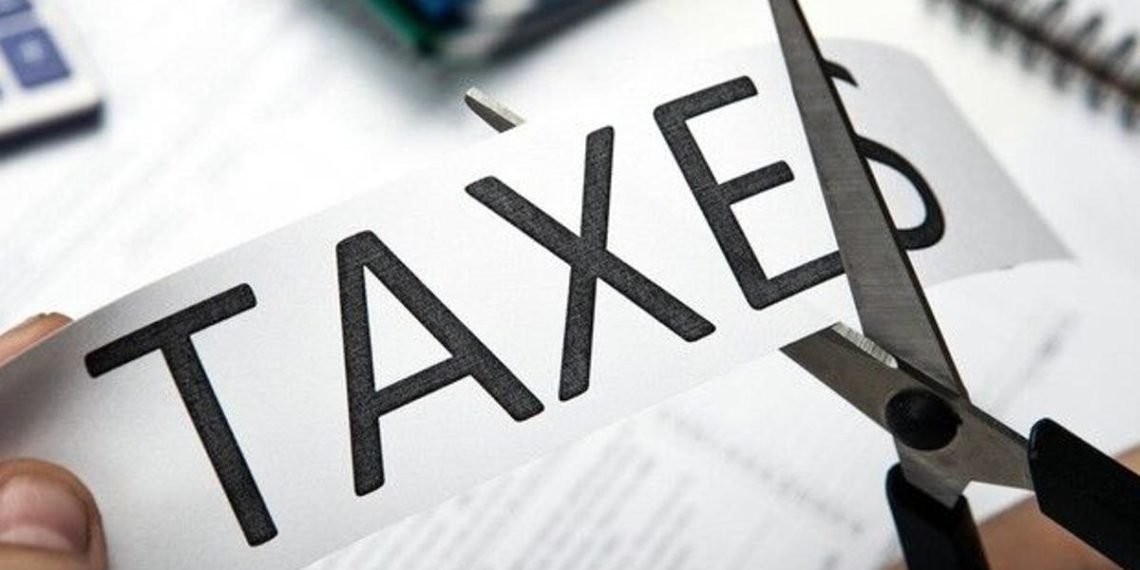Taxes on domestic goods and services declined from GH¢ 9,601.0 million in the first seven months of 2019 to GH¢7,425.8 million in the same period in 2020, representing a shortfall of 23 per cent, according to a new report by the Bank of Ghana.
The Decline was attributed to sharp declines in excise duty, domestic VAT, NHIL, and GETFund on the back of containment measures and protocols associated with COVID-19.
The current amount realized for the period under review was also 9 percent lower than the government’s revised target of GH¢ 8,146.3 million.
The Bank of Ghana, however, expressed optimism that with the easing of social distancing protocols associated with the COVID-19 pandemic, taxes on domestic goods and services will pick up for the remainder of the year.
The report shows that four (4) out of the five (5) components of Taxes on Domestic Goods and Services experienced sharp contractions year-on-year in the first seven months of the year.
The components comprise Domestic VAT, Excise Duty, GETFund Levy, National Health Insurance Levy (NHIL), and Communication Service Tax (CST).
Excise Duties declined from GH¢ 2,272.3 million recorded in the first seven months of 2019 to GH¢1,440.1million in the corresponding period of 2020, a downturn of 36.6 percent.
Domestic VAT collections also declined from GH¢5,097.3 million between January to July 2019 to GH¢4,084.8 million the same period in 2020, a contraction of 19.9 percent.
NHIL also decreased by 21.7 percent year-on-year to GH¢786.7 million in the first seven months of 2020 as compared to GH¢1,005.3 million in the corresponding period of 2019.
GETFund Levy also decreased from GH¢ 990.3 million in 2019 to GH¢ 791.2 million in 2020 for the period under review. This also represents a dip of 20.1 percent year-on-year.
The central bank stated that “these declines were however moderated by the improved performance of the CST, which recorded a year-on-year growth of 37 percent as demand for internet services increased in response to the social distancing protocols”.

However, the Bank of Ghana pointed out that the pace of CST collection may slow as the reduction in the rate from 9 percent to 5 percent came into effect on 15th September 2020.
Taxes on income and property comprising personal income tax (PAYE), self-employed taxes, company taxes (including taxes on oil), royalties from oil and minerals, national stabilization levy, and airport taxes amounted to GH¢12,261.5 million, registering an annual growth of 14.6 percent compared with 20.6 percent growth in the corresponding period of 2019.
The Bank of Ghana stated that this outturn was 5.9 percent above the revised target with all the key tax components exceeding their respective targets. The target for taxes on income and property was revised downwards by 10.6 percent in the midyear budget review.
The central bank also indicated that international trade taxes comprising mainly import duties amounted to GH¢4,423.3 million and was over 35 percent above the revised target.
“In year-on-year terms, the outturn increased by 37.4 percent due to strong recovery in the international trade taxes as transitional issues at the ports have been largely resolved”.
Bank of Ghana





















